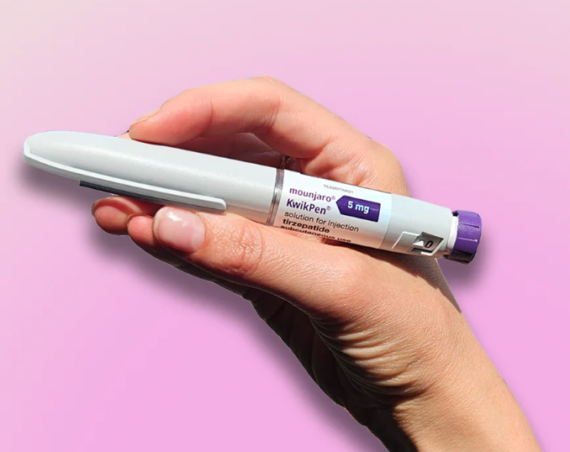
The Danish government will allocate 160 million kroner ($23.4 million) over four years to establish a National Center for Research in Women’s Health. The center will coordinate national research efforts and create knowledge about women’s health, women-related diseases, and conditions that manifest differently in women than in men.
The center will focus on areas where knowledge is lacking, including endometriosis. The initiative will support training of new researchers through PhD positions. Women’s health has historically been underrepresented in medical research, and women live a greater portion of their lives in poor health.
“We need to get women’s health into researchers’ spotlight,” said Christina Egelund, Minister of Education and Research. “Therefore, the government is now proposing a multi-year and coordinated effort that will make us smarter about women’s health and women-related diseases. We are doing this first and foremost to help the women who suffer from a lack of effective treatments, but also because there is great potential in fewer women being prevented from being in the labor market due to illness.”
“We need more knowledge about and greater focus on women’s health, because it is an area that today is both under-illuminated and under-prioritized,” said Sophie Løhde, Minister of Interior and Health. “Women and men obviously have the right to receive the same treatment in the healthcare system, but unfortunately there are women who experience that there is a lack of knowledge about women’s diseases and women’s health. We need to correct that, and here the new center can help ensure more equality in healthcare services.”
“Research into diseases has historically been based on the male body,” said Magnus Heunicke, Minister for Gender Equality. “Therefore, we still know too little about women’s health, about diseases that affect women harder than men, and about women-related diseases. For example, endometriosis. A chronic disease in the abdomen that can cause severe pain and be disabling. Although the disease affects up to 10 percent of women of childbearing age, only 1.6 percent are diagnosed. That is one example of women not getting the right help or treatment. We must change that. That is why we are now allocating 40 million kroner per year to a strategic effort for knowledge and research in women’s health.”
The funding will be allocated from the research reserve, which will be negotiated later this fall. The center will enable national coordination of research efforts to prioritize areas with the greatest knowledge gaps.



